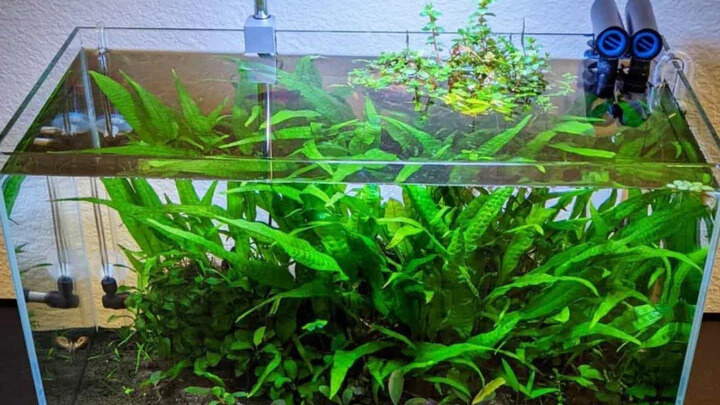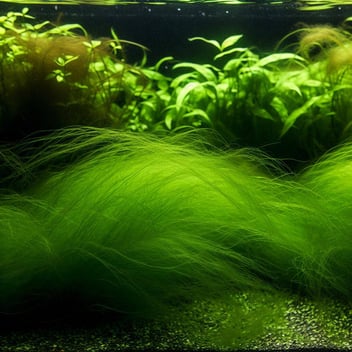
Aquarium enthusiasts know the importance of maintaining a balanced ecosystem. While chemical fertilizers can promote plant growth, they may also introduce unwanted chemicals into your tank. Organic fertilizers, on the other hand, offer a natural solution. Let's dive into the benefits and use of organic fertilizers in aquariums.
Why Choose Organic Fertilizers?
Organic fertilizers are derived from natural sources such as compost, manure, and plant residues. They provide essential nutrients without the risk of chemical buildup, making them safer for fish and other aquatic life. Here are some key benefits:
- Natural Nutrient Release: Organic fertilizers decompose slowly, releasing nutrients over time. This ensures a steady supply of essential minerals for your plants.
- Improved Soil Structure: They enhance the substrate's texture and fertility, promoting healthy root growth.
- Safe for Aquatic Life: Being free from synthetic chemicals, they are less likely to harm fish and invertebrates.
- Eco-Friendly: Organic fertilizers are sustainable and reduce the environmental impact compared to chemical alternatives.
Types of Organic Fertilizers
Liquid Fertilizers
These are easy to apply and mix well with aquarium water. Common ingredients include fish emulsion, seaweed extract, and compost tea. They are ideal for providing a quick nutrient boost.
Pellet and Tablet Fertilizers
Pellets and tablets are placed in the substrate, where they slowly release nutrients. They are perfect for root-feeding plants like Amazon Swords and Cryptocorynes.
DIY Organic Fertilizers
For the DIY enthusiast, making your own organic fertilizers can be rewarding. Ingredients like banana peels, eggshells, and green compost can be used to create nutrient-rich supplements.
How to Use Organic Fertilizers in Your Aquarium
- Choose the Right Type: Depending on your plants and setup, select a liquid, pellet, or DIY fertilizer.
- Follow Instructions: Ensure you follow the recommended dosage to avoid over-fertilization, which can lead to algae growth.
- Monitor Water Quality: Regularly check water parameters to ensure that the introduction of organic matter does not negatively impact water quality.
- Observe Plant Health: Keep an eye on your plants for signs of nutrient deficiency or excess. Adjust the fertilizer application as needed.
Tips for Success
- Start Small: If you're new to using organic fertilizers, start with a small amount and gradually increase as you observe your plants' response.
- Combine with CO2: For optimal plant growth, consider supplementing with CO2. Organic fertilizers provide the nutrients, while CO2 boosts photosynthesis.
- Regular Maintenance: Regular water changes and substrate cleaning help maintain a healthy balance in your aquarium.
Organic fertilizers are a fantastic way to nourish your aquatic plants while keeping your tank safe and eco-friendly. By understanding the different types and how to use them, you can create a thriving, sustainable aquarium. Give your plants the natural boost they need and enjoy a beautiful, balanced underwater world.
Ready to try organic fertilizers? Explore our selection and start enhancing your aquarium's health today!





Leave a Comment